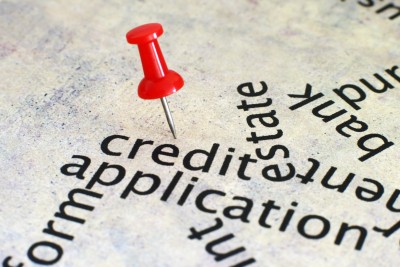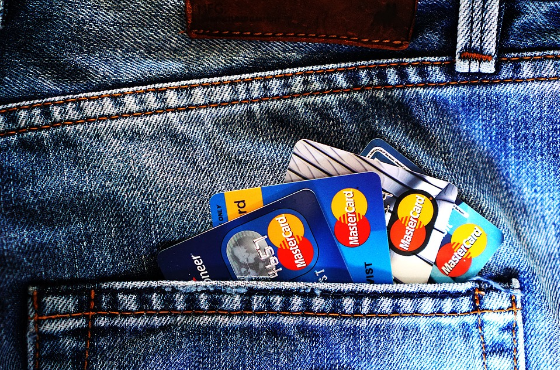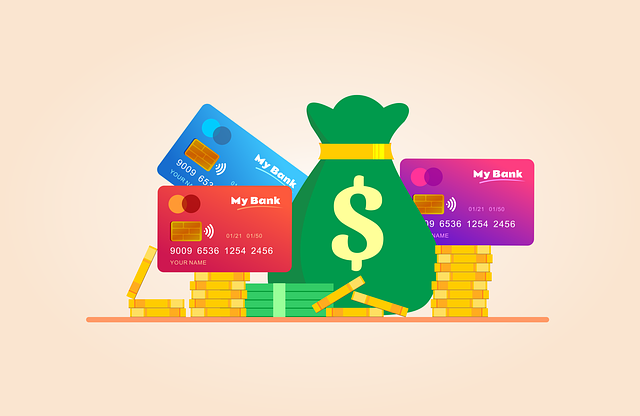Credit Score And How It Affects Your Loan Approval

A typical loan processing starts with a loan application. A debtor fills out relevant information, from personal data to financial figures. The application is processed and a credit investigation takes place.
After this, the creditor decides, based on available data, whether to approve a new loan or not. But after waiting for a couple of days, it would be disappointing to know that your loan application has been denied because of a low credit score.
This may or may not have happened to you before. But asking for a loan today, be it cash, car or housing, is not just about filling out forms, listing your collateral and confidently saying that you can repay the terms.
Now, more than ever, the verdict of your application depends mostly on your credit score — the rate you should not be failing if you need financing. Like most people, you might be curious about what this score is, how it is graded and why it is critical to your financing applications.
Understanding Your Credit Score
Remember when you’re at school and you need to pass quizzes, homework, projects, and exams based on the school’s standards and grading system? It works the same way with your credit score. If a grade tells you if you pass or fail a subject, a credit score marks your ability to repay debt.
You have to understand that lenders of different loans, like a personal loan or title loans, take a risk in allowing anyone to borrow money from them. All they need to know is if a debtor, who swears to pay on agreed terms and conditions, can really pay on time.
Otherwise, they will not waste resources to approve a loan that is going to become a bad debt anyway. This is where the credit score comes into play. Lenders ask for a credit score, calculated by credit bureaus like FICO based on proprietary models, to ensure the debt can be repaid.
Your credit score can be a ghost from the past that will haunt you or a good memory that is going to bring you a fortune. It lists most or all of your known historical transactions, a frequency of payments if you’re paying on time and the number of good or bad accounts you have with various lenders.
Balances that remain unpaid are reflected and may cause your score to lower. The same goes with closed accounts of credit card or any other credit lines. No need to worry though if you’ve cleared your obligations and have paid religiously in the past.
How to Raise Your Credit Score
It is not all the time that you rely on the cash flow coming from your salary or business income. For certain reasons and purposes, difficult times may lead you to the heavy doors of financial institutions. When borrowing, your ticket to that paycheck is your credit score. If you made mistakes in the past, then there is nothing you can do about it. Expect that it’s going to reflect badly in your score. But, that does not mean though that you’re at a dead end.
There are several things you can start doing now to raise the score of your credit rating. One thing you can do is to update your payments. If you happen to miss one or a few, then you need to catch up.
Another thing is to consider using your credit card minimally; the higher the available balance, the better. Next is your bank accounts. This seems to be new but your banking activities might elevate your grade, especially if the bank records show good savings habits and payments to utilities.
Credit score all boils down to two things. One is to always pay on time. And second is to pay in full. If you can, make this a habit every time you borrow. Then your good practice is going to get you VIP access to the loans you apply for.
Are you trying to get a loan but your credit score is to low?





